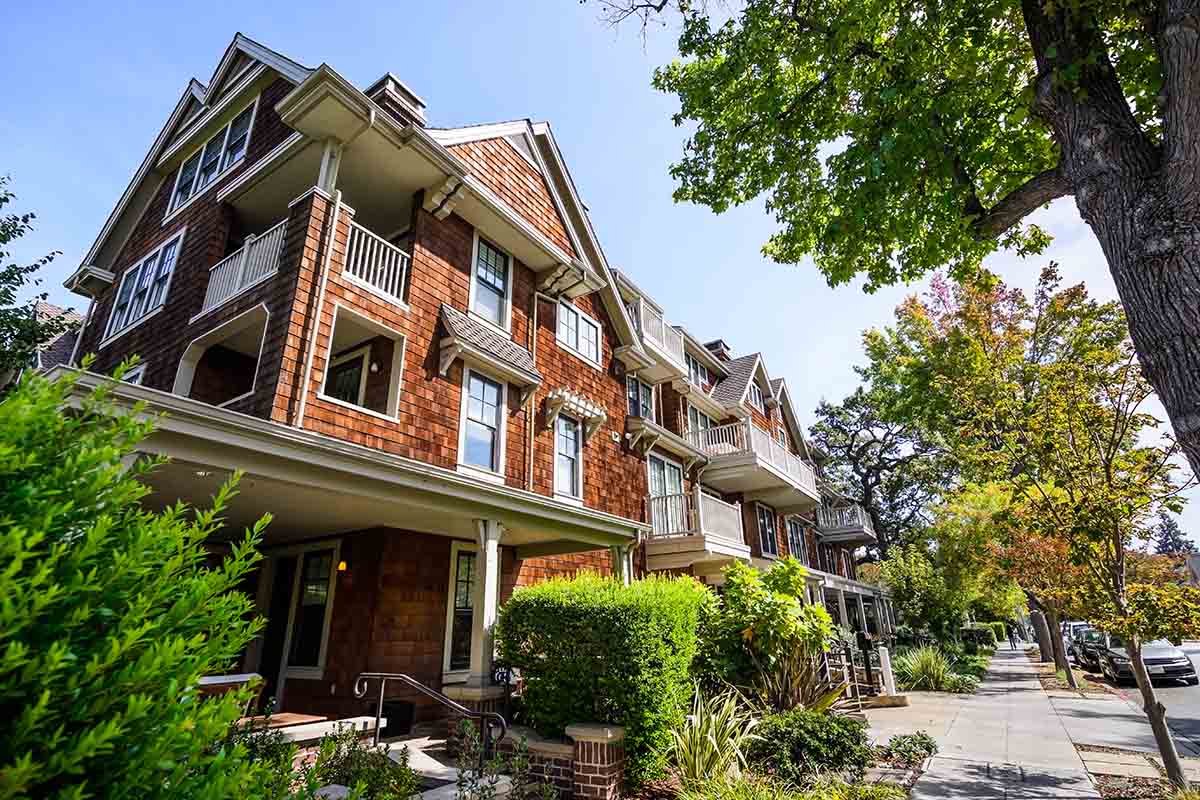There is a lot that goes into buying a home. You need to find the right home, within the right budget, and in the right neighborhood. It’s not an easy task. We can steer you in the right direction by finding the best lender, home inspector, or even the best (and safest) places to live.

To ensure you’re ready to own a home, it is important to check if you are financially prepared. Here are some key points that will help you measure your readiness:
Make a financial plan based on how much you earn and how much you are willing to spend on a home. A good rule of thumb is that your house payment should be 28% of your income.
Having a good credit score (700+) will give the best change of securing a good interest rate. Generally, the higher your score, the better rate you’ll get. Have a question about what a good rate is right now? Give us a call.
A strong down payment will affect your interest rate and will help you avoid paying PMI (Private Mortgage Insurance). PMI is essentially a premium on your loan. It insures the lender - not the borrower - in case a person should default on their mortgage. If you pay 20% down on your home, you won’t have to worry about paying any PMI.
Know your debt-to-income ratio to understand how much of your income goes towards debt payments. This ratio affects your loan eligibility and terms - a good number is about 35% of your income going to debts, with 41% being acceptable.
Getting pre-approved for a mortgage is an essential step in the home-buying process. It shows sellers you’re a serious buyer and can help you leverage your position to get the best deal on a home. It also lets you know up-front how much you’re able to borrow. Here’s what you need to know:
Prepare financial documents like tax returns and bank statements to show potential lenders that they can trust you with a loan.
Compare mortgage offers from different lenders to find the deal that fits you the best. We know some great lenders, and if you’d like a trusted referral, call us. (We don’t get paid any referral fee for recommending lenders.)
It’s fun to look for homes, but it’s important to complete this step before you seriously consider buying a home. It’s going to help you know your budget and will give you greater negotiating power.
Write down all your needs for your home, including the neighborhood you like to live in. If you’re able, take a tour of the neighborhoods you’re considering and ask friends and relatives what they know about the area.
Look for a reliable real estate agent who knows the area well, has great reviews, and can help you negotiate the best deal. Often, a seasoned real estate agent will have connections with sellers that have yet to put their home on the market (but are intending to sell soon). This can give you a major advantage.
Don’t skip this step! If there are any discovered issues, a home inspection will usually pay for itself because it may allow you to negotiate a lower price. Even if the home is being sold “as-is,” you’ll have a better idea of the home’s condition.
When you feel it’s the right home, make an offer in line with your agent’s advice. Try not to let emotions get the better of you. If the offer isn’t accepted, there will probably be other opportunities.
This process usually takes 30 – 45 days. Things like appraisals, disclosures, and clearing loan approval conditions happen during this period. On closing day, you’ll review and sign all necessary documents to close the deal.
Congratulations! You’re the new homeowner!

We’d love to chat with you about buying or selling a home. Our friendly and experienced agents are just a phone call away.
Office Hours:
Mon-Fri: 9 am – 4 pm
Closed: Sat, Sun
Powered by UpPage I.N.J.
Already have an account? Log In
Enter your email address and we'll send you a link you can use to pick a new password.
Connect with us.